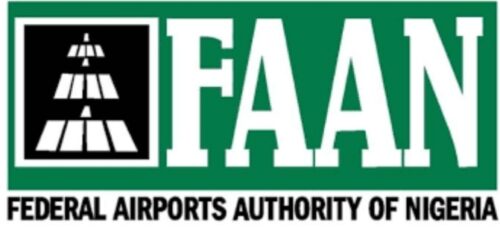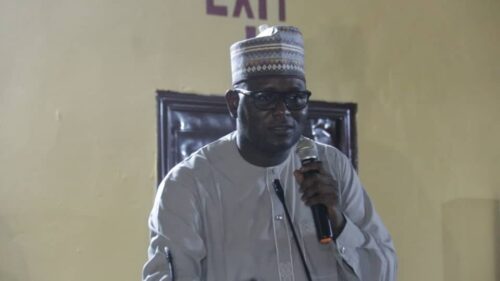Nigeria Customs Suspends 4% FOB Charge, Engages Stakeholders on Revenue Framework
Nifemi Coker

The Nigeria Customs Service (NCS) has suspended the implementation of the controversial 4% Free-on-Board (FOB) charge on imports, a provision of the Nigeria Customs Service Act (NCSA) 2023, pending further stakeholder engagement.
The decision follows ongoing consultations with the Minister of Finance and Coordinating Minister of the Economy, Mr. Olawale Edun, alongside other key industry players.
In a statement issued by the National Public Relations Officer, Assistant Comptroller Abdullahi Maiwada, the NCS emphasized that the suspension would provide room for comprehensive discussions on the framework for implementing the new charge.
The move also coincides with the expiration of the contract agreements with service providers such as Webb Fontaine, which had been funded through the now-defunct 1% Comprehensive Import Supervision Scheme (CISS).
The now-repealed funding model under the previous CISS arrangement had created operational inefficiencies and budgetary shortfalls, particularly in customs modernization efforts.
The NCSA 2023 sought to address these gaps by consolidating the revenue stream into a “not less than 4% FOB” charge on imports. This, according to the NCS, is designed to ensure sustainable funding for critical operations and modernization initiatives.
With the suspension, the Customs Service will now review the revenue framework holistically, ensuring a seamless transition that balances efficiency with stakeholder concerns.
A key feature of the NCSA 2023 is its emphasis on technological advancements in customs operations. Section 28 of the Act empowers the NCS to develop and maintain electronic systems for information exchange between the Service, other government agencies, and traders. Already, the recently deployed B’Odogwu clearance system has significantly improved cargo clearance timelines and enhanced transparency.
Other modernization initiatives outlined in the Act include:
– Single Window Implementation (Section 33): A unified platform for trade facilitation.
– Risk Management Systems (Section 32): Data-driven assessments to streamline customs processes.
– Non-Intrusive Inspection Equipment (Section 59): Advanced cargo scanning technology to enhance security and efficiency.
– Electronic Data Exchange (Section 33(3)): Seamless integration of trade-related data.
The Customs Service has reiterated its commitment to ensuring that the implementation of the NCSA 2023 is carried out in a manner that aligns with the interests of stakeholders.
The suspension period will be used to fine-tune the funding mechanism and address concerns from the business community.
A revised implementation timeline for the 4% FOB charge will be announced after the conclusion of stakeholder consultations. Meanwhile, the NCS has assured importers, clearing agents, and other stakeholders of its dedication to trade facilitation and revenue generation in line with global best practices.
As Nigeria continues its push towards a more efficient and technology-driven customs system, the coming weeks will be crucial in shaping how the new Act is ultimately implemented.






